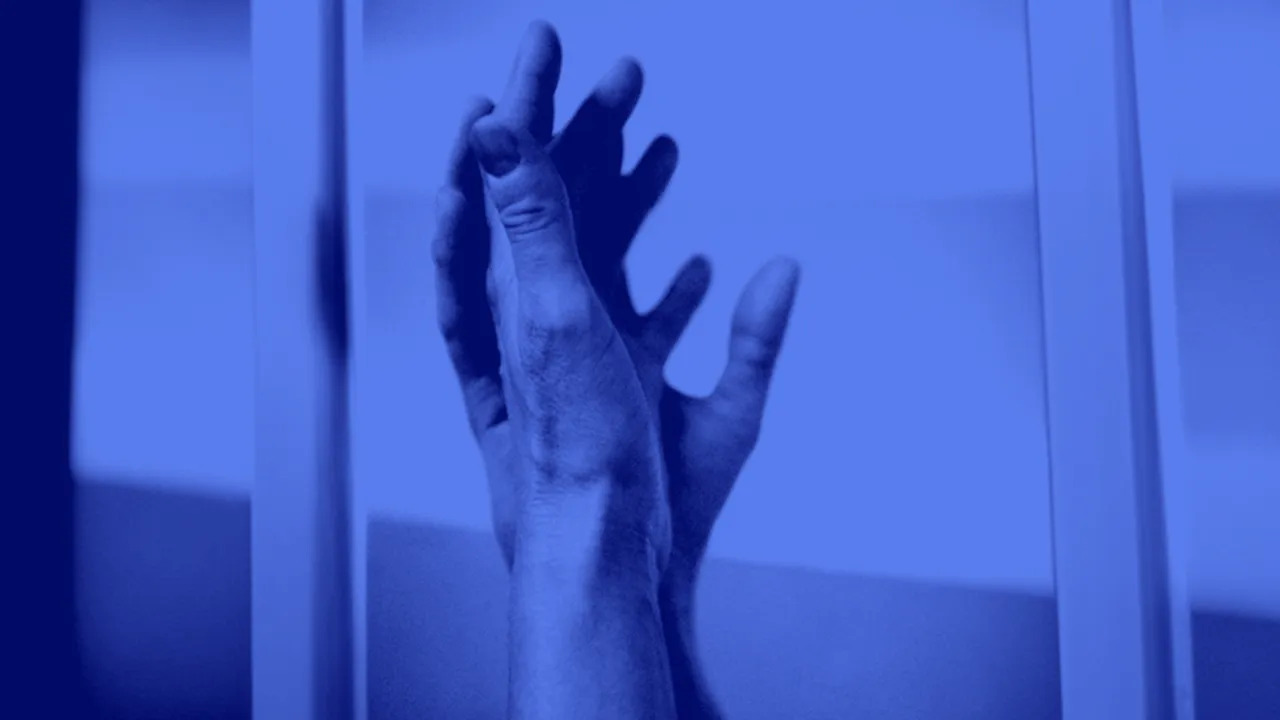Psychomotor seizures, also known as complex partial seizures, are a type of seizure that affects a person’s consciousness and behavior. These seizures are caused by abnormal electrical activity in the brain and can last from a few seconds to several minutes.
Psychomotor seizures are caused by abnormal electrical activity in the brain’s temporal lobe. The temporal lobe is responsible for processing emotions, memories, and language. Therefore, when there is abnormal electrical activity in this area, it can cause a seizure.
Several factors can increase the risk of developing psychomotor seizures. These include:
• Brain injury: A traumatic brain injury can cause damage to the temporal lobe, leading to psychomotor seizures.
• Brain tumors: Tumors in the temporal lobe can cause abnormal electrical activity and lead to seizures.
• Infections: Infections such as meningitis or encephalitis can cause inflammation in the brain, which can lead to seizures.
• Genetics: Some people may have a genetic predisposition to developing seizures.
The symptoms of psychomotor seizures can vary from person to person. Some common symptoms include:
• Starring: Patients may stare blankly into space and not respond to their surroundings.
• Confusion: Patients may become confused and disoriented.
• Repetitive movements: Patients may perform repetitive movements such as lip-smacking, chewing, or picking at their clothes.
• Emotional changes: Patients may experience intense fear, anxiety, or anger.
• Memory loss: The person may not remember what happened during the seizure.
Diagnosing psychomotor seizures can be challenging because the symptoms can be similar to other conditions, such as anxiety or panic attacks. Therefore, in addition to a physical exam, tests, such as an electroencephalogram (EEG) to measure the electrical activity in the brain are requested.
If the EEG shows abnormal activity in the temporal lobe, the doctor may order a magnetic resonance imaging (MRI) scan to look for any structural abnormalities in the brain.
The treatment of psychomotor seizures typically involves medication and lifestyle changes. The goal of treatment is to reduce the frequency and severity of seizures.
• Medication: Antiepileptic drugs (AEDs) are the most common treatment for psychomotor seizures. These drugs work by reducing abnormal electrical activity in the brain. The type of medication prescribed will depend on the individual’s symptoms and medical history.
• Lifestyle changes: Lifestyle changes such as getting enough sleep, reducing stress, and avoiding alcohol and drugs can help reduce the frequency of seizures.
• Surgery: In some cases, surgery may be an option for people with psychomotor seizures. The surgery involves removing the part of the brain causing the seizures.
Psychomotor seizures are a type of seizure that affects a person’s consciousness and behavior. These seizures are caused by abnormal electrical activity in the brain’s temporal lobe. The symptoms of psychomotor seizures can vary from person to person and can be similar to other conditions, such as anxiety or panic attacks. Diagnosing psychomotor seizures can be challenging, but tests such as an EEG and MRI can help. The treatment of psychomotor seizures typically involves medication and lifestyle changes.

Comments are closed.